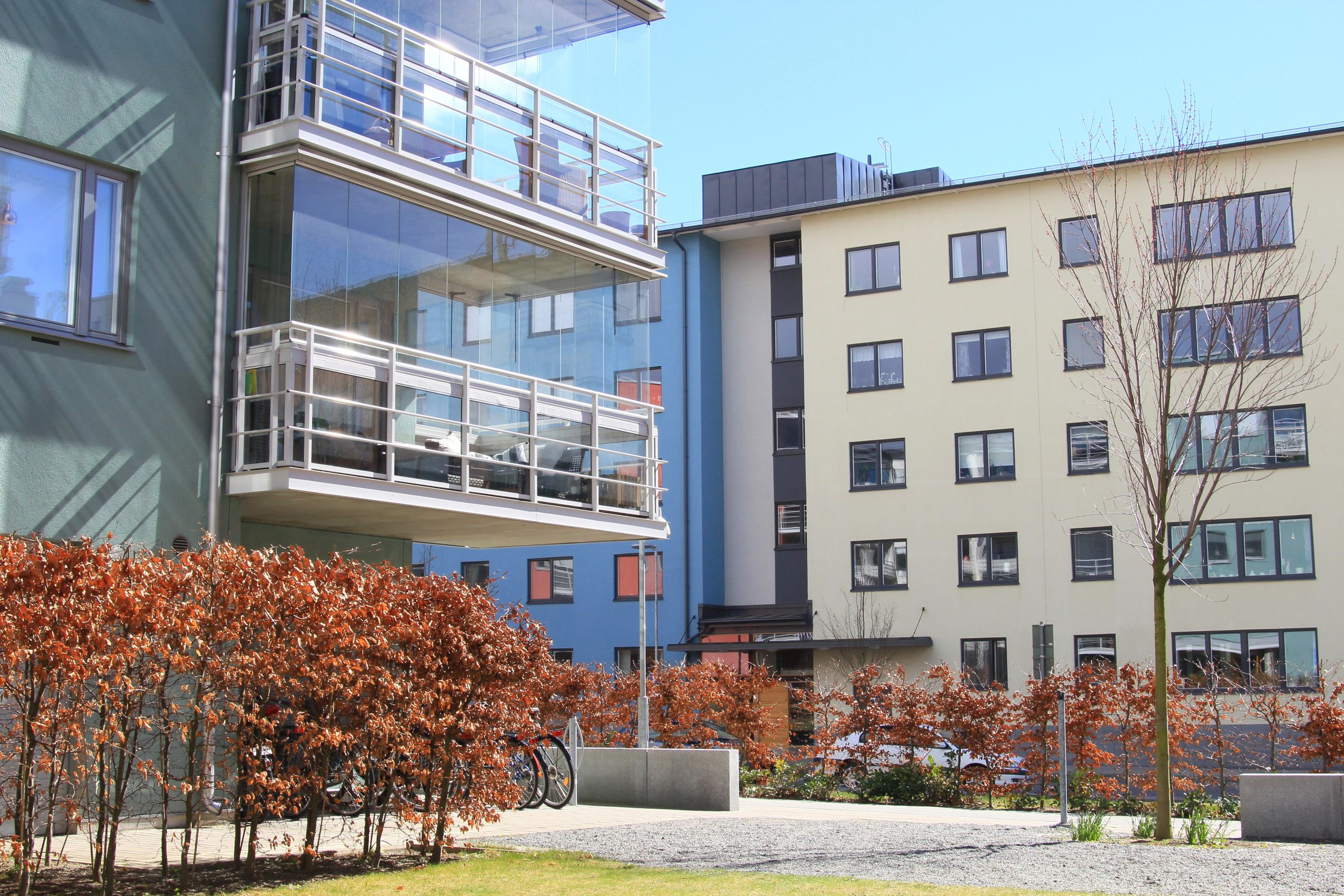The leasehold sector is working through the raft of building safety legislation which is developing currently. We have now seen the first decision of the First-Tier Tribunal (FTT) granting a Remediation Contribution Order (RCO) under the Building Safety Act 2022 (BSA).
The BSA was brought into effect following the tragic events of Grenfell Tower in 2017. Since then a number of leaseholders have found themselves dealing with extremely high, and in some instances unmanageable, service charges due to needing to pay towards building safety and fire remediation work. However, despite it being 6 years since the Grenfell Tower fire, a number of buildings remain unsafe due to legal arguments around who is responsible for funding the remediation works.
The BSA has introduced a number of measures that could help force those responsible for affected buildings to remedy the defects and limit the amount payable by leaseholders. The FTT also has the power to make an RCO award in relation to monies paid or to be paid by leaseholders for such works, meaning that the landlord or developer would have to contribute to the cost of the remedial work.
Batish and other leaseholders v Inspired Sutton Limited and two others
In this case Batish and other leaseholders applied to the FTT for an RCO against Inspired Sutton Limited, who was the freeholder and develop of the building. They also pursued the parent company of the freeholder, Inspired Asset Management Limited, and the Directors, Tommy Lyons and James Friis. They were looking to be reimbursed under the RCO for their contribution to remedy building defects concerning balconies, that were deemed to present a building safety risk, and totalled to £192,635.64.
Initially the FTT dealt with a couple of procedural matters, which led to the parent company and directors being removed from proceedings. This was due to the parent company being in liquidation and the statutory protections given to them due to this. The Directors were removed as they were not included within an RCO under Section 124(2) of the BSA, as neither of them were a ‘body corporate or partnership’.
With regards to the freeholder, they did not engage with proceedings and therefore upon the application from the leaseholders, they were barred in taking part in them. This led to the RCO being made without having heard from the freeholder and the FTT made a decision on the application based upon the applicant’s case meeting the statutory criteria set out under the BSA.
The FTT statement
The FTT determined that it was just and equitable to make the RCO because:
- The building was a relevant one as it was detached and at least five stories
- The freeholder was a relevant specified corporate body
- The defects were deemed ‘relevant defects’ as they constituted a risk to the safety of people in and about the building in relation to the spread of fire
- The remediation costs claimed were incurred as a result of the defects
Due to this an RCO was made against the freeholder that required them to reimburse the leaseholders for the total sum, divided between them in relation to their service charge proportion under their respective leases.
Conclusion
This initial decision is an encouraging one for leaseholders within relevant buildings containing defects. However, whilst the FTT will be pleased to have utilised their new powers and the leaseholders involved will obviously be happy to see their freeholder ordered to reimburse them, it remains to be seen if they will receive their funds as the freeholder company appears to be of limited means. Additionally, although this case appeared straightforward and came to a positive conclusion for the FTT and the leaseholders, it is important to remember the freeholder was unable to take part. The key takeaway here is it is therefore unlikely that future applications will be as straightforward and we maintain a watching brief on the developing role of Remediation Contribution Orders.




